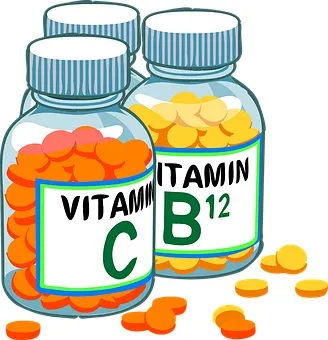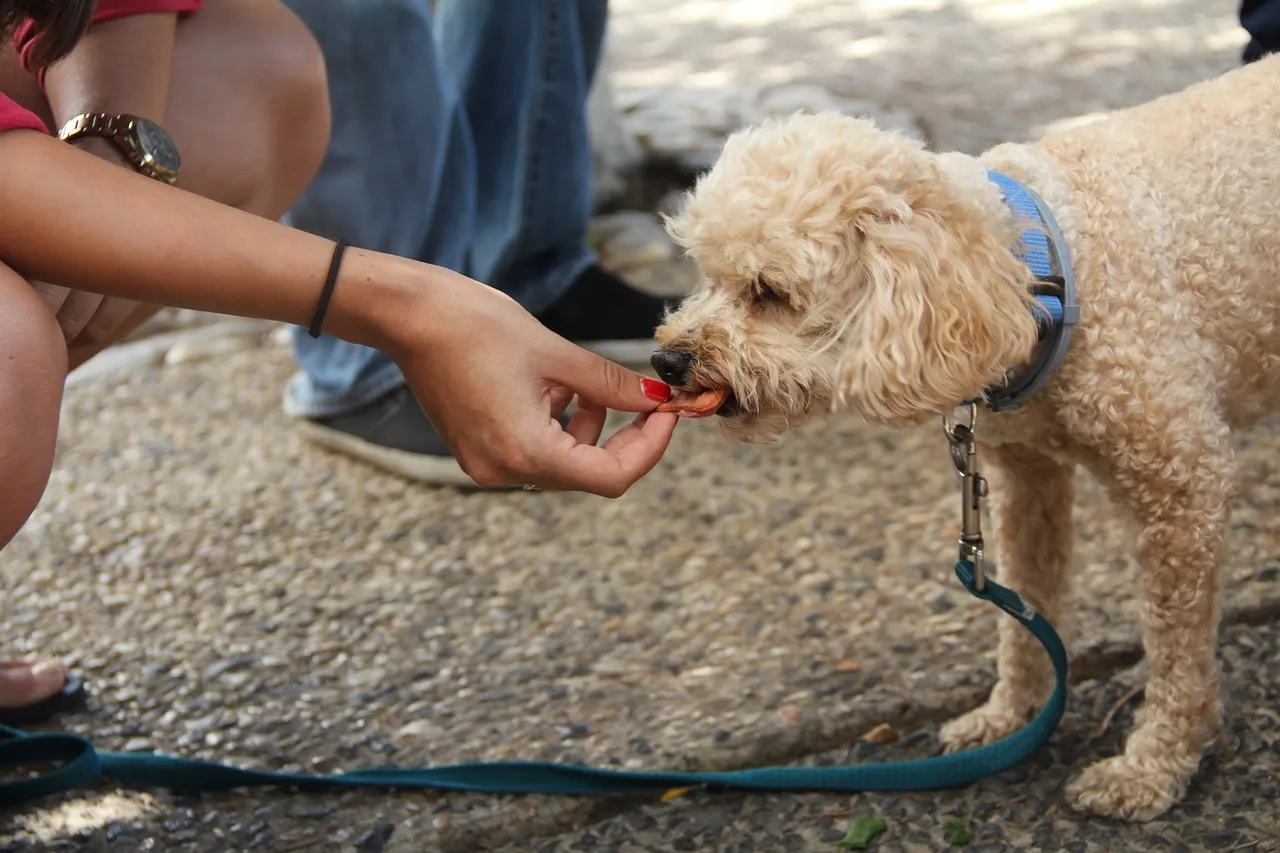If your canine companion isn’t already enjoying chicken liver, they’re truly missing out on a nutritional powerhouse! This organ meat offers a delicious taste that most pups adore, alongside an impressive array of essential nutrients that can fuel their daily adventures and support their overall health. For dog owners whose furry friends are picky eaters, incorporating highly palatable options like chicken liver can make mealtime more exciting and ensure they receive adequate nutrition. Understanding why Chicken Liver Is Good For Dog health involves exploring its rich nutrient profile and how it contributes to various bodily functions.
What Type of Liver is Best for Your Dog?
When considering adding liver to your dog’s diet, various sources are available. Liver from common farm animals such as chicken, beef, pork, or lamb are all excellent choices. However, it’s generally recommended to avoid liver from wild game. The primary reason for this caution is the inability to guarantee the overall quality and safety of wild-sourced liver, which may harbor parasites or toxins that could be harmful to your dog.
When purchasing liver, whether for your pet or for your own consumption, always opt for sources from farm animals. Prioritizing high-quality suppliers ensures that the liver is healthy and free from contaminants, providing maximum benefit for your dog’s diet.
 Fresh chicken livers being prepared on a cutting board
Fresh chicken livers being prepared on a cutting board
Beef Liver vs. Chicken Liver: Which is More Nutritious?
Among the readily available liver types in most grocery stores, chicken and beef liver stand out. Both offer a wealth of essential vitamins, minerals, proteins, and iron, while being relatively low in calories and saturated fats. Either type makes an excellent nutritional boost for your dog’s diet, but there are distinct differences worth noting in their nutrient compositions.
Beef liver typically boasts a lower calorie and fat content compared to chicken livers. It is also significantly richer in vitamins B2, B12, and Vitamin A. Perhaps most remarkably, beef liver contains nearly 20 times more copper than chicken liver. Copper is a vital mineral that supports brain, heart, and kidney functions, and since the body doesn’t produce it naturally, dietary intake is crucial.
Conversely, if your dog requires an increased intake of protein, selenium, or iron, then chicken livers might be the superior choice. This organ meat contains higher levels of selenium and iron than beef liver, along with approximately four more grams of protein per ounce. Given its excellent profile, we will primarily focus on the preparation of chicken liver. For owners looking to diversify their pet’s diet, consider incorporating healthy things to add to dog food to ensure a comprehensive nutrient intake beyond just liver.
Health Benefits of Chicken Liver for Dogs
Now that we understand the general nutritional value, let’s delve deeper into why chicken liver is good for dog health, examining the specific nutritional metrics that make it such a beneficial food. For a complete breakdown of all nutritional elements, the FDA Food Database offers extensive information.
 Nutritional values for 100 grams of simmered/cooked chicken livers
Nutritional values for 100 grams of simmered/cooked chicken livers
Chicken Livers Simmered/Cooked: 100 Grams
- Energy: 167 cal
- Protein: 24.5 g
- Fats/Lipids: 6.5 g
- Water: 66.8 g
- Carbohydrates: 0.87 g
- Calcium: 11 mg
- Iron: 11.6 mg
- Vitamin C: 27.9 mg
- Vitamin A: 3,980 µg
- Magnesium: 25 mg
- Phosphorus: 405 mg
- Vitamin B-12: 16.8 µg
- Vitamin E: 0.82 mg
- Sodium: 76 mg
- Selenium: 82.4 mg
- Potassium: 263 mg
- Zinc: 3.98 mg
- Cholesterol: 563 mg
Feeding your dog cooked chicken livers offers multiple significant benefits. They provide a robust dose of high-quality protein, which is essential for muscle development and repair. Their richness in various vitamins and minerals supports a healthy immune system, proper nerve function, and overall vitality. Puppies, in particular, can greatly benefit from these liver treats as they contribute significantly to healthy muscle and tissue growth during their critical developmental stages. For diabetic dogs, chicken livers are an excellent option because they contain virtually no sugars, making them a safe and nutritious treat. For dogs with specific dietary needs, such as seniors, exploring options like healthy soft dog food for senior dogs can also be beneficial in conjunction with nutrient-dense additions like liver.
How to Cook Chicken Livers for Your Dog
Preparing and cooking chicken liver treats is a straightforward process that requires minimal kitchen experience. The total hands-on time from start to finish is about 20 minutes for prep and cooking, followed by approximately 30 minutes for cooling, chopping, and storage.
Step 1: Rinse the Livers
Begin by carefully removing the raw chicken livers from their packaging and placing them into a clean bowl. Add cool water to the bowl, ensuring the liver pieces are fully submerged. Gently stir the livers to thoroughly rinse off any packaging bits, debris, or excess blood. Drain the water and rinse the livers once more to ensure they are completely clean before cooking.
Step 2: Gentle Simmering
In a medium-sized pot, combine the cleaned chicken livers with approximately an inch of water. Place the pot on the stove over high heat. Once the water reaches a rolling boil, reduce the heat to maintain a light simmer for about 10-15 minutes. It’s crucial not to add any additional seasoning, salt, or other ingredients at this stage, as the natural flavor of the livers will be highly appealing to your dog all on its own.
Step 3: Cool Down
After the livers have simmered for 15 minutes, turn off the heat. Carefully drain the water from the livers using a colander. Transfer the cooked livers to a plate and allow them to cool completely to room temperature before proceeding to the next step. This cooling process is important for safe handling and ensures the texture is suitable for cutting.
Step 4: Chop and Dice
Once the livers have cooled sufficiently, you can begin to cut and dice them into appropriate sizes for your dog. If you intend to serve them as a standalone treat, a rough chop might suffice. However, if you plan to mix them into your dog’s regular food, consider smaller dices to ensure even distribution and easier consumption. For pups who require a finer texture or if you prefer a more consistent consistency, a food processor can be used to achieve a pate-like texture.
 Diced cooked chicken livers on a cutting board, ready for serving
Diced cooked chicken livers on a cutting board, ready for serving
Step 5: Storage
Store your cooked chicken liver pieces in an airtight container in the refrigerator for up to 2 days. If your dog needs more time to consume the prepared livers, they can be frozen for up to 3-4 months. To serve frozen livers, it’s best to remove them from the freezer and allow them to thaw overnight in the refrigerator. For more detailed insights into safe storage and handling practices for pet foods, exploring resources on the storage and handling of raw/fresh dog foods can be very helpful.
How Often Should You Feed Your Dog Chicken Liver?
When deciding on the frequency of feeding chicken liver, it’s essential to consider your dog’s current diet. First, check if your dog’s existing commercial food already contains liver as an ingredient. If so, you can supplement with additional cooked liver up to a couple of times per week. This approach prevents an overload of certain nutrients, particularly Vitamin A, which can be harmful in excessive amounts.
If your dog’s current food does not contain liver, you can safely provide up to 5% of their total daily caloric intake from liver each day. This guideline ensures that your dog receives the benefits of liver without compromising the balance of their primary diet. Always introduce new foods gradually to monitor for any digestive upset.
 A dog enthusiastically eating a treat, illustrating the appeal of liver
A dog enthusiastically eating a treat, illustrating the appeal of liver
Additional Benefits of Chicken Liver for Dogs
Beyond the detailed nutritional breakdown, chicken liver offers even more remarkable benefits. Its richness in amino acids and high-quality protein makes it an excellent building block for muscle and overall cellular health. It’s also a fantastic source of zinc, which supports immune function and wound healing, and copper, which plays a crucial role in preventing anemia and maintaining healthy connective tissue. Iron and the B-complex vitamins found in chicken liver contribute to energy metabolism and red blood cell production.
Furthermore, chicken liver contains Omega-3 and Omega-6 fatty acids, which are vital for maintaining your dog’s silky, smooth coat and healthy skin. The abundant Vitamin A present in liver is also exceptionally beneficial for eye health, supporting good vision. Offering chicken liver can significantly improve your dog’s appetite, especially for fussy eaters, and contribute to their overall health when given in proper quantities.
There are countless reasons why chicken liver is good for dog health, and its simple preparation makes it an accessible and valuable addition to any canine diet. It’s truly never too late to start feeding healthy foods and observe the positive impact on your beloved pet’s well-being. Similarly, if you are looking for specific dietary recommendations for health conditions, understanding what food is good for dogs with pancreatitis can provide valuable insights for other health considerations. While chicken liver offers numerous advantages, remember that a balanced diet is key. For a comprehensive approach to your dog’s oral hygiene, learning what is the best dog treat for bad breath could also enhance their overall well-being.
Conclusion
Incorporating chicken liver into your dog’s diet is a straightforward and highly effective way to boost their nutritional intake and enhance their overall health. As a powerhouse of essential vitamins, minerals, and high-quality protein, chicken liver supports everything from muscle growth and energy levels to a shiny coat and strong immune system. By following simple preparation and feeding guidelines, you can safely offer this delicious and beneficial treat to your canine companion. Always remember to consider your dog’s existing diet and consult with your veterinarian for personalized dietary advice, ensuring that this nutrient-dense addition contributes positively to their long-term well-being. Explore more ways to enrich your dog’s life with healthy eating by visiting our other articles on dog care and nutrition!
References
- FDA Food Database: https://fdc.nal.usda.gov/fdc-app.html#/food-details/171061/nutrients
